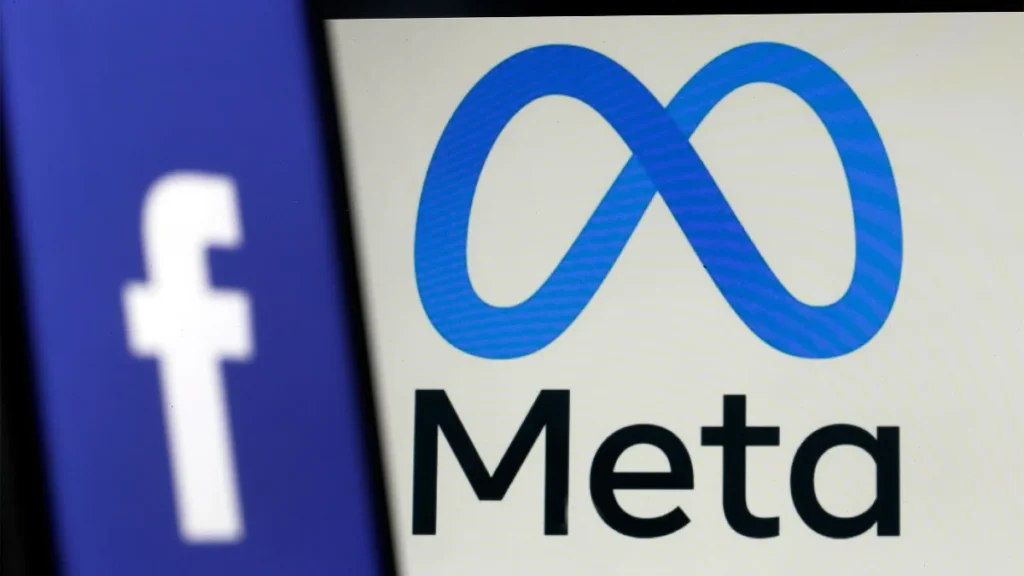Andy Stone, Meta Platforms Spokesperson Added to Russia’s Wanted List Amidst Social Media Tensions,

Russia added Andy Stone, a spokesperson for Meta Platforms, to its wanted list on Sunday. The specific charges against Stone have not been disclosed. The Russian government has classified Meta Platforms as an “extremist” organization.
Russia on Sunday added Meta Platforms spokesman Andy Stone to a wanted list on unnamed charges. Moscow considers the US social media giant, which owns Facebook, an extremist organization.https://t.co/VoQFnZr0Ca
— Ground News (@Ground_app) November 26, 2023
Since the initiation of its offensive in Ukraine last year, Russia has significantly intensified its restrictions on media and social media freedoms. This has been particularly evident in the realm of digital communication, where the Russian government has implemented stringent measures to control the narrative surrounding its actions in Ukraine.
This crackdown extends beyond traditional media outlets to include social media platforms, which have become vital spaces for public discourse and information exchange.
Andy Stone, has been added to the list of wanted individuals maintained by Russia’s Interior Ministry. The specifics of the charges or allegations leading to this action have not been disclosed. This listing is a serious matter, as it implies that the Russian authorities are actively seeking Stone for reasons that remain unclear.
October 2022, Russia officially classified Meta Platforms, as a “terrorist and extremist” organization. This classification has far-reaching implications, as it paves the way for potential criminal investigations against Meta Platforms and its associated entities. Furthermore, it also exposes users of Meta’s services within Russia to potential legal repercussions, including fines.
The Russian government has imposed a blockade on popular social media platforms, Facebook and Instagram. These platforms, owned by Meta Platforms Inc., have been rendered inaccessible to the general public in Russia since the onset of the conflict.
This move is seen as part of a broader strategy by the Russian authorities to control the narrative and information flow about the ongoing situation in Ukraine. As a result, users in Russia have been cut off from these global platforms, isolating them from a significant portion of the digital world and limiting their access to information.
However, some tech-savvy users have found a workaround to this blockade by using Virtual Private Networks (VPNs).
The social media platform X, previously known as Twitter, has also been subjected to a ban in Russia.
Social media Platform X, Facebook and Instagram, has been a significant platform for global communication and information exchange.
Russian government has also targeted domestic independent media outlets that have been critical of the Kremlin.
The suppression of these independent media outlets is seen as an attempt by the Russian government to control the narrative within the country, particularly on topics that may portray the government in a negative light.
Prior to the imposition of the bans, a substantial number of Russians, were active users of applications owned by Meta Platforms. Among these applications, Instagram held a special place, particularly among the younger section.
In a significant move in April 2022, the Russian government added Mark Zuckerberg, the CEO of Meta Platforms to a blacklist. This list comprises individuals who are prohibited from entering the country.
Mark Zuckerberg, as the head of Meta Platforms, which owns popular social media platforms like Facebook and Instagram, has been a prominent figure in the global tech industry. His inclusion in this blacklist marked a notable escalation in the tension between the Russian authorities and Meta Platforms.
The implications of this decision extend beyond just the restriction on Zuckerberg’s travel to Russia.
ALSO READ | Instagram’s New Feature: Allow users to Download Public Reels Directly